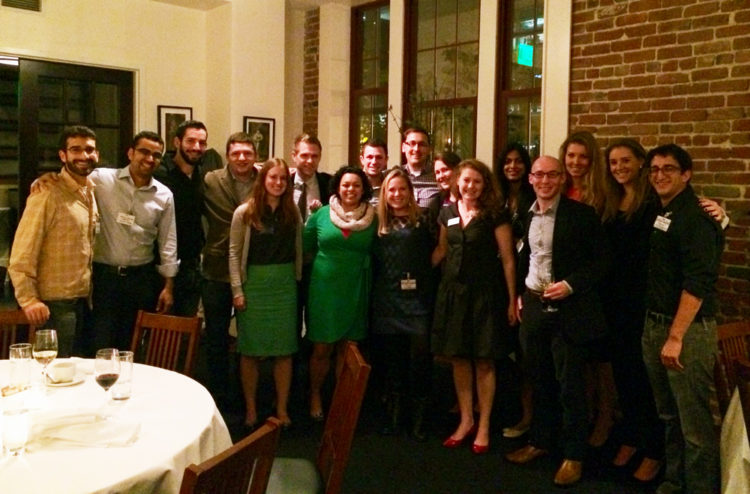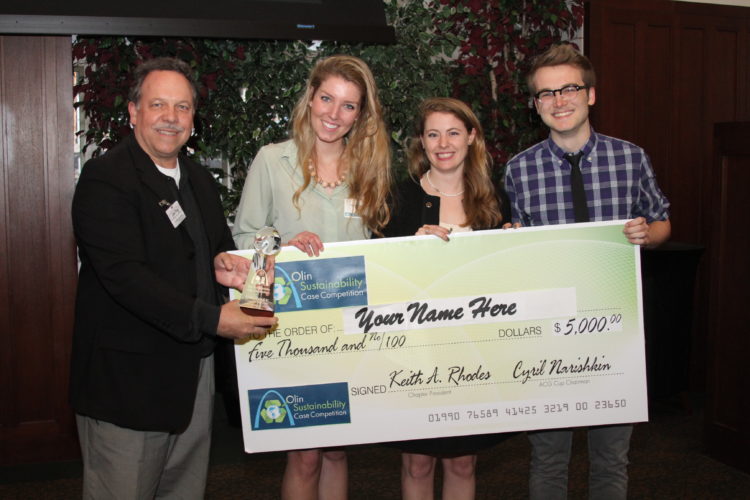It’s not easy being green. Especially when you’re constructing large buildings like Knight Hall and Bauer Hall. But the architects, designers, construction workers, and managers on Olin’s newest buildings have included environmentally friendly materials and practices at every stage of the construction project. One of the goals of all this green activity is to earn Gold Certification from the U.S. Green Building Council by meeting standards set in the Leadership in Energy & Environmental Design (LEED) System.
From reducing the amount of debris taken to landfills to using locally sourced wood and hardware made from recycled metals, the construction process was carefully planned to reduce the impact and maximize the efficiency of the new buildings. Lighting, heating, and cooling systems are also designed to meet high standards of sustainability.
Washington University currently has 15 LEED certified buildings: seven at the gold level, six at the silver level and two certified.
Harry Bolson, BSBA’14, has been a member of the Olin building committee since his freshman year and is a LEED Green Associate. He guides us through the six categories of sustainable features required to earn the USGBC Gold certification in this video.
Images: WUSTL’s Office of Sustainability website and U.S. Green Building Council website


 The OSCC encourages interdisciplinary student teams from across the Washington University campus to develop creative solutions related to sustainable on-campus dining solutions.
The OSCC encourages interdisciplinary student teams from across the Washington University campus to develop creative solutions related to sustainable on-campus dining solutions.





